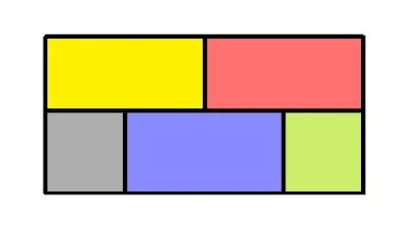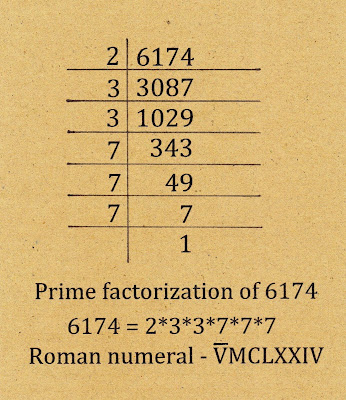FUNDAMENTAL THEOREM OF ARITHMETIC
Fundamental theorem of arithmetic is also called as unique factorization theorem or the unique prime factorization theorem.
- Definition of fundamental theorem of arithmetic: Every Integer greater than 1 can be factored into a product of primes in exactly one way ( aside from rearranging the factors ). Example 24=2*2*2*3.
- The requirement of the factors to be prime is necessary.
- The theorem explains why 1 is not considered prime. If 1 would be prime, factorization would no longer be unique e.g. 4 = 2*2 = 2*2*1 = 2*2*1*1.
- This theorem explains that every integer greater than 1 is either prime or is the product of prime numbers, and the product is unique.




Comments
Post a Comment